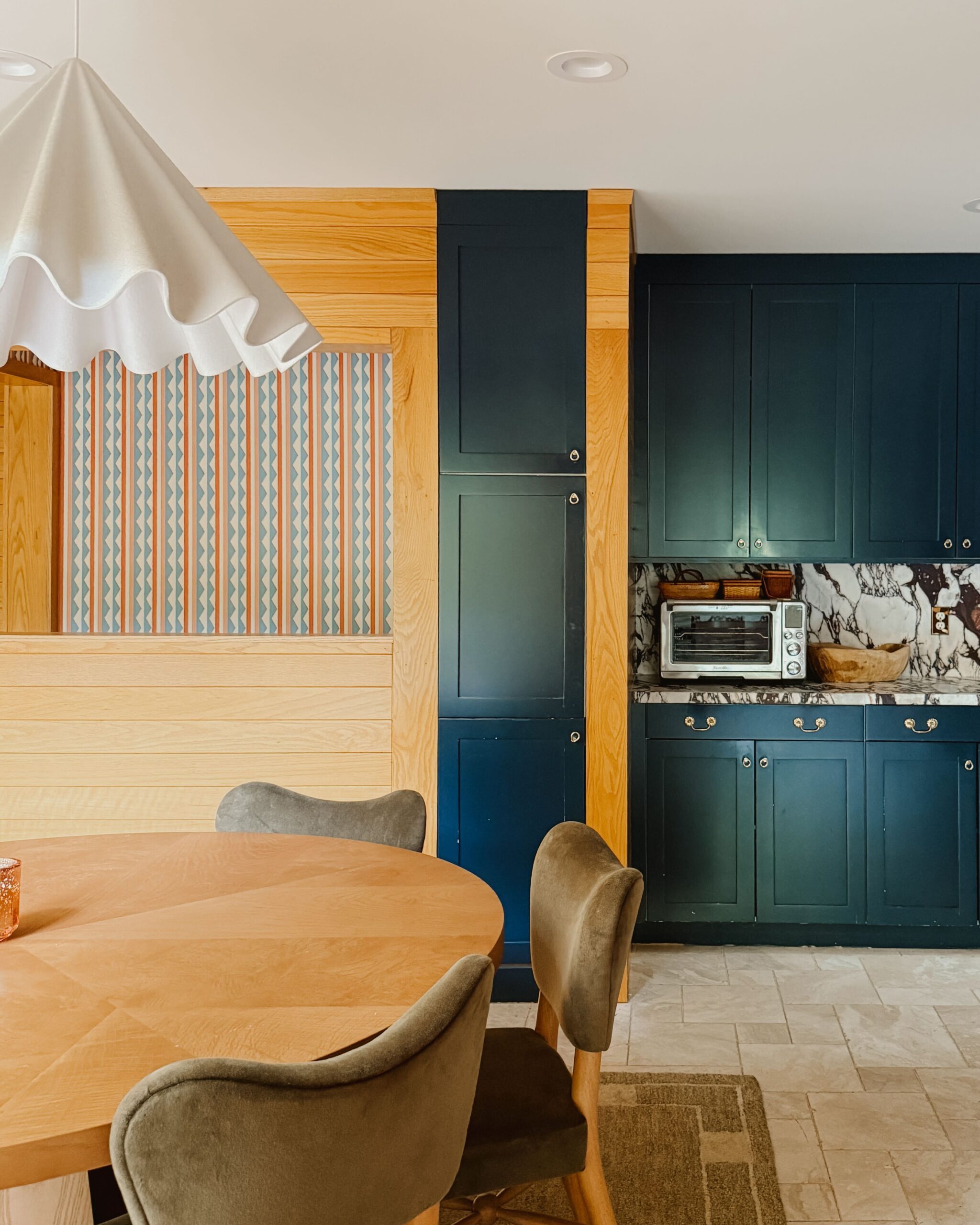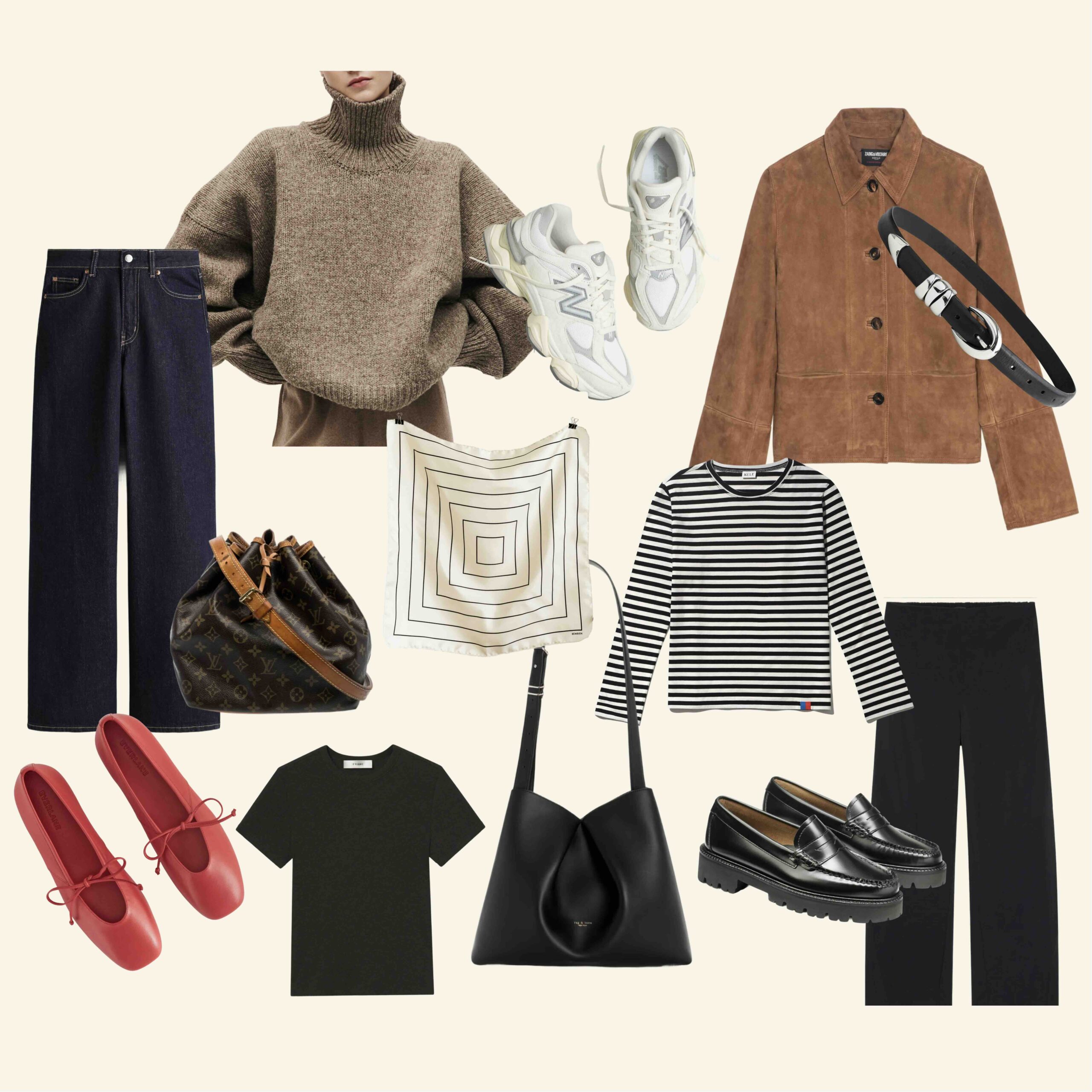

Get 15% off your order with Equilibria by using code: witanddelight
All photos by Chelsey Werth
Starting CBD can be incredibly intimidating. I know I had a ton of questions when I first started using it. Capsules or gummies? How much should I take? Will I get high? Does it really work, or is it just Instagram hype?
I’ve been using CBD for a few years now. I’ve tried a few different brands based on friends’ recommendations and yes, Instagram, all with mixed results. Lately, I’ve been using Equilibria, a women-owned CBD company that offers various CBD options from capsules to creams to bath soaks. What has set Equilibria apart from other brands I’ve tried is the opportunity to work with a dosage specialist—someone who can provide me with guidance on CBD in terms of what to use and how much to use to match my needs.
Not too long ago, we asked W&D readers what you wanted to know about CBD, and you did not disappoint. We had questions too, so we went right to the source and asked some of the most burning questions to Equilibria’s dosage specialists.


Interviewee: Maia Reed; Head of Member Success and Dosage Specialist at Equilibria
Maia has a background in plant-based medicine and has been a cannabis educator for the last fifteen years. She formed a passion for cannabis after seeing how much it helped her father at the end of his life, and after he passed away she continued to help other people navigate this somewhat confusing and scary space.
Maia holds multiple cannabis certifications and has helped educate thousands of medical marijuana patients. She loves being an advocate for women who choose to pursue cannabis in helping them find relief and balance in their lives.
This interview has been edited for clarity and brevity. Watch the entire unedited slack conversation below!
So, is there any THC in CBD?
Not always.
Full-spectrum has tiny, trace amounts of THC; less than .3%, so it cannot get you high.
What’s the difference between CBD & THC?
CBD and THC are the two famous cannabinoids.
THC, in doses of 5% or more, can get us high, because it binds to our body’s receptors. CBD does not bind to our receptors, so not only does it not get us high, it can even take down some of the paranoia people get from THC!
What’s the science behind CBD? How does it work?
Your body has an umbrella system called the endocannabinoid system (ECS) which maintains balance across all your body’s other systems, including your sleep, mood, hormones, digestion, pain, and your inflammatory response, among others. This system includes a series of receptors located throughout the body and exists in every major organ.
Your body naturally creates compounds called endocannabinoids that interact with this series of receptors, constantly turning them on and off, maintaining balance across your systems.
Our bodies are built for short-term bursts of stress, like running for our lives from a tiger, not the day-to-day stresses we experience today. When we experience stress our bodies start to overproduce stress enzymes (called fatty acid amide hydrolase, or FAAH) that deplete our endocannabinoid.
What we’re doing is augmenting with phytocannabinoids (as in, cannabinoids from the plant…phyto=plant). On a molecular level, these phytocannabinoids mimic what our bodies already naturally produce. They start turning those receptors on and off, and over time this ultimately allows your own body to stop constantly overproducing stress enzymes and allows your body to produce its own endocannabinoids again!
Scientists have discovered that when phytocannabinoids and terpenes (which are like the essential oils of the plant) are combined, they start to act synergistically and amplify each other’s properties. Scientists call this the entourage effect.
CBD can be found in different forms:
- CBD isolate – This is CBD that’s been isolated from the rest of the plant and therefore doesn’t benefit from the amplification properties. This is typically where you see super high doses, like 2000 mg.
- Broad-spectrum – This is CBD that’s THC free. THC is important as it’s the cannabinoid that directly fits into your body’s receptors like a lock and key; it acts as the communicator. It’s the one that says, “Hey, here’s what coming, here’s how to read it, here’s what to do with it.” If you don’t have THC, you’re going to need significantly more of the product before it becomes effective, if at all.
- Full-spectrum – This means tiny trace amounts of THC. It includes less than .3% of THC, but it is still enough that your body has that interpreter there. You only get the benefits of the entourage effect if you have THC!
CBD works by supporting our own body’s system. It’s our own body working properly that results in all the benefits you hear people talking about.


Does CBD have a quality rating or any regulation for effectiveness?
Unfortunately, this is still an unregulated market. That’s why it’s so important to be informed about finding a quality sourced product and trustworthy companies. Those of us in the industry who care are pushing hard on the FDA to set up more regulations!!
A lot of wellness products mention “including CBD.” What should I be looking for in a quality product?
There’s a lot out there right now, so it’s important to know what to look for.
- Lab reports! In this rapidly growing non-regulated industry, manufacturers are cutting corners by offering industrial hemp-derived oil that’s not efficacious because it is not bred or harvested to be therapeutic, or is dangerous because it contains pesticides and heavy metals.
- Full-spectrum oil! CBD works best when combined with other cannabinoids and terpenes, including THC. Full-spectrum oil refers to as many cannabinoids and terpenes as possible, producing the “entourage effect,” which maximizes therapeutic benefit.
- Consistency! Make sure it’s all coming from the same farm. A lot of companies will buy from multiple farms and slap a label on it. This means you get a different combination of phytocannabinoids and terpenes every time!
Not all CBD oils are created equal. Look at lab reports to ensure your products DON’T contain harmful chemicals and DO contain maximum cannabinoids and terpenes.


Talk to me about formats. I know there are capsules, drops, gummies, and creams. How do these methods differ? Are certain products or formats better suited for specific uses?
Depending on your health goals, a combination of methods is often the best option.
Edibles. Anything that goes through your digestive system is considered an edible.
- Edibles can take 1-3 hours to kick in but the effects can last 6-8 hours.
- Softgels are the easiest way to ensure consistency in your dosing; you get the same dose every time, and your body absorbs it the same way each time you take it.
Oils. Most oils have a carrier oil of MCT oil, grapeseed oil, or some other fatty oil. CBD is fat-soluble, so the fattier the better!
- Oils should be held under the tongue for at least a minute, to fully absorb into your sublingual glands.
- CBD oils are fast-acting and kick in within 10-30 minutes but will last 4-6 hours.
- Look for a dropper that has measurements—that way you know exactly how much you’re taking, every time.
- CBD oils are a great way to microdose in small amounts multiple times a day.
Topicals. Topicals are applied directly to the skin, for targeted relief.
- Topicals don’t enter the bloodstream in the same way, so they don’t count toward your daily dose.
- Look for something with a high content of CBD and minimal to no beeswax so it fully absorbs into the skin instead of just sitting on top of it.
Big question: How do I know how much to take?!
It’s a great question! Everyone’s body chemistry is different, so it can take time and experimentation to find the best dose and regimen. With CBD, too much can be as ineffective as too little.
At Equilibria we have a team of dosage consultants to help you dial into the best dose for you! Every single person gets paired with their own consultant to help guide them every step of the way. We often have to adjust a person’s routine a few times, and most people need three months of consistent use to see the full benefits. Patience and consistency are key.
When making changes to your doses we recommend trying something consistently for at least 3-5 days at a time before making another change; and whenever possible, try to write the effects you’re noticing in a journal.
The effects of CBD can be really subtle, and it’s important to remember that CBD works by supporting our own body’s system.


Can you share some of CBD’s everyday uses and benefits?
Ultimately, it’s about your body’s system functioning the way it was built to function in the first place. If you’re taking CBD to help you sleep, then you may notice an improvement in the depth and quality of your sleep. If you’re taking CBD to help lessen your anxiety, then you may notice feeling more even-keeled and able to handle the day-to-day stresses better. Everyone’s experience is unique.
- Topicals can be great for targeting specific areas, like neck and shoulders, sore hands and feet, and even for cramping during that time of the month!
- Oils are great for taking as needed and when you’re starting to feel overwhelmed.
- CBD edibles can be great as an insurance policy all day, all night, or both.
What can I do to maximize the effectiveness of CBD?
The trickiest thing with CBD is getting your body to absorb it.
CBD has a low bioavailability and is fat-soluble, so it’s important to take your CBD with a healthy fat to give it something to bind to. This is particularly important whenever your CBD has to go through your digestive system.
If you’re taking your CBD sublingually (under the tongue), it’s important to hold it there for as long as possible to absorb into the sublingual glands and enter your bloodstream more directly.
The less you swallow the less you lose to the digestive system!
Is there anything I should be aware of when using CBD?
I always encourage people to stay informed! Here are a few things to keep in mind:
- A good rule of thumb is if your medication says to avoid grapefruit, then it will have a similar interaction with CBD. It’s always important to keep your doctor in the loop. We also have several pharmacists on staff to help answer any questions about using CBD with your medications!
- While you build a tolerance to THC, that is not the case for CBD. That said, depending on what else is going on in our lives (hello global pandemic!) we may need a little more or less to help us combat our stress enzymes.
- CBD does not inherently make you sleepy, but actually works with your own body’s natural circadian rhythm, both aiding in waking the body and helping to shut things down at night as your body naturally becomes tired. When taken in the evening as your body is winding down, it can assist you in that wind-down process; in the morning as your body is waking up, it can assist you in waking up!
What’s the most affordable/small-scale way to work CBD into my health routine?
Unfortunately, CBD is not a cheap product to produce well. This is definitely a “get what you pay for” kind of product. If you’re looking to start off small I encourage trying a sublingual oil. Whan absorbed sublingually there’s a higher bioavailability, so you’re more likely to get the most out of it. It’s also easier to take oils in smaller doses and dose up. Low and slow is key!
You mentioned staying informed; where can I learn more about CBD?
You can always learn more on our website: https://myeq.com/what-is-cbd-basics/
For extra credit, I’m also a big fan of ProjectCBD.
We also have a team of highly trained cannabis educators, so you can always reach out with any questions. We’re here to help!
Test
Ready to give CBD a try? Click here or use code witanddelight for 15% off your first order.
As per FDA guidelines, Equilibria is not intended to diagnose, treat, cure, or prevent any ailments or disease. As always, consult with your physician before starting anything new that may interact with your current health plan.
Editor’s note: This post was sponsored by Equilibria. The compensation we receive in exchange for placement on Wit & Delight is used to purchase props, hire a photographer, write/edit the blog post, and support the larger team behind Wit & Delight.
While compensation was received in exchange for coverage, all thoughts and opinions are always my own. Sponsored posts like these allow us to continue to develop dynamic unsponsored content. Thank you for supporting our partners!


Kate is the founder of Wit & Delight. She is currently learning how to play tennis and is forever testing the boundaries of her creative muscle. Follow her on Instagram at @witanddelight_.
BY Kate Arends - October 6, 2020
Most-read posts:
Did you know W&D now has a resource library of Printable Art, Templates, Freebies, and more?
take me there
Get Our Best W&D Resources
for designing a life well-lived




Thank you for being here. For being open to enjoying life’s simple pleasures and looking inward to understand yourself, your neighbors, and your fellow humans! I’m looking forward to chatting with you.
Hi, I'm Kate. Welcome to my happy place.

















Great article! I’d like to suggest a piece about any CBD products that help with insomnia. 🙂
Great idea, thanks for sharing, Mika! We’ll definitely take this into consideration for future articles.
Awesome Kate! 🙂
Thank you this was so fascinating and informative!! I wish we could get it in Australia… one day I’m sure!
I’m so glad you found the article intriguing, Nicola! Thanks for your comment.
Good to hear about it. Thanks for this great article.